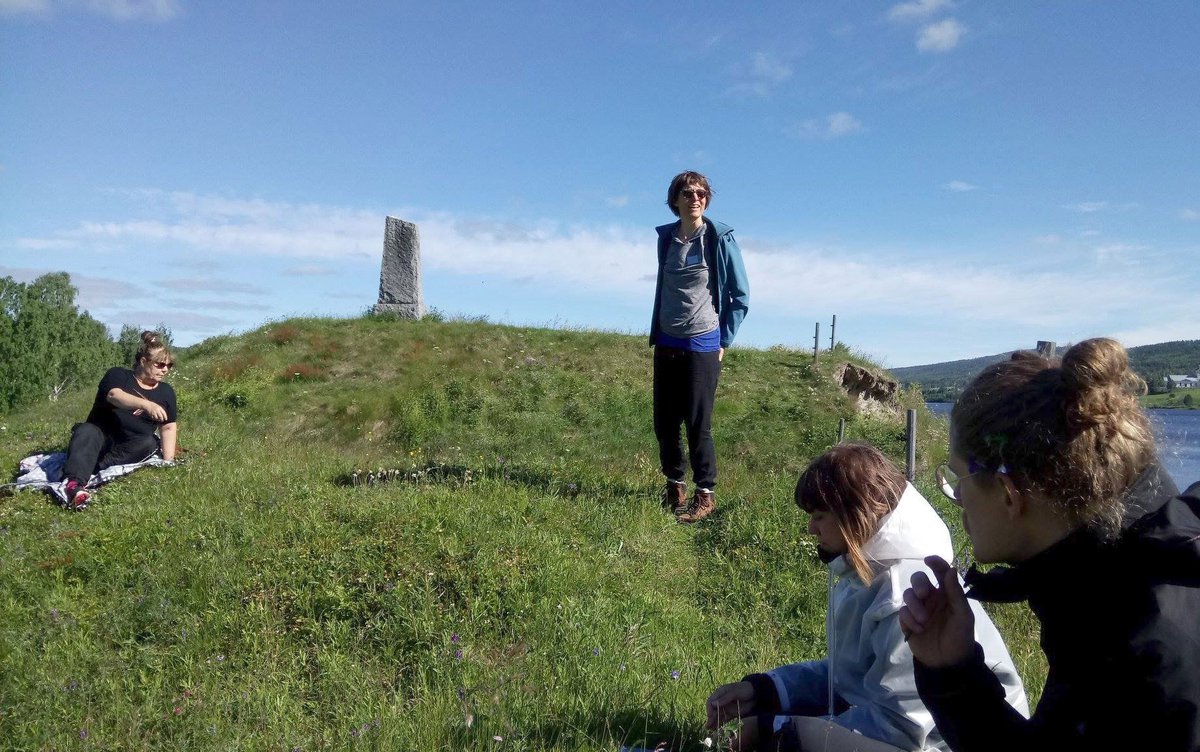Sharon Stewart

Photo Björn Eriksson
Sharon Stewart grew up in the United States and, after traveling some years through Jordan and France, finally settled in Arnhem, The Netherlands. Sharon studied piano at the Utrecht School of the Arts, Faculty of Music, and later completed a Masters in Music Pedagogy at the Royal Conservatoire, the Hague. During this process, she discovered Deep Listening. She became certified in Deep Listening with Pauline Oliveros, IONE and Heloise Gold in 2011.
Through Arnhem’s dance academy, ArtEZ, Sharon became involved in various projects and performances with dancers, some ongoing, which have been performed at festivals and other venues in The Netherlands, Belgium, France and Denmark. Sharon has lectured and led workshops in the Beyond … [Dance] series at ArtEZ with Eva Karczag and other guest artists and will participate in the upcoming Studium Generale in Enschede. She also runs a private piano practice in Arnhem.
She is Associate Editor of the online, open access, Journal of Sonic Studies with Marcel Cobussen, Vincent Meelberg and Jan Nieuwenhuis. She has reviewed many articles and books on acoustic culture and sonic practices published in Europe. She is currently one of the core teachers for the online Deep Listening certificate program for the Center for Deep Listening, RPI.
At the moment, field recordings form the primary sonic material Sharon uses in her compositional work. Last year, she formed the platform Mixes from the Field with the artist Michael McDermott, based in Philadelphia. This collaboration integrates Deep Listening, field recording, social justice, sonic ecology, meditation and music composition into a teaching framework of workshops, lectures, and performances. Following the principles of Deep Listening, Mixes from the Field seeks to form an inclusive platform for the sonic arts. Listening is innately inclusive.
‘In my work, I strive for a dynamic relationship with the body, creating situations for myself and others in which participants can ‘make music’ while also remaining open to the particularly sensual/sensational information the body continually relays. Paying attention to dreams is a rich source for me in understanding my underlying and transforming/transformational emotional states as well as providing a, sometimes astounding, source of raw materials. In my own creating and teaching I hold and return to balance, openness, stillness and spontaneity, while leaving space for the explosive, volatile and powerful forces of emotional expression.’
